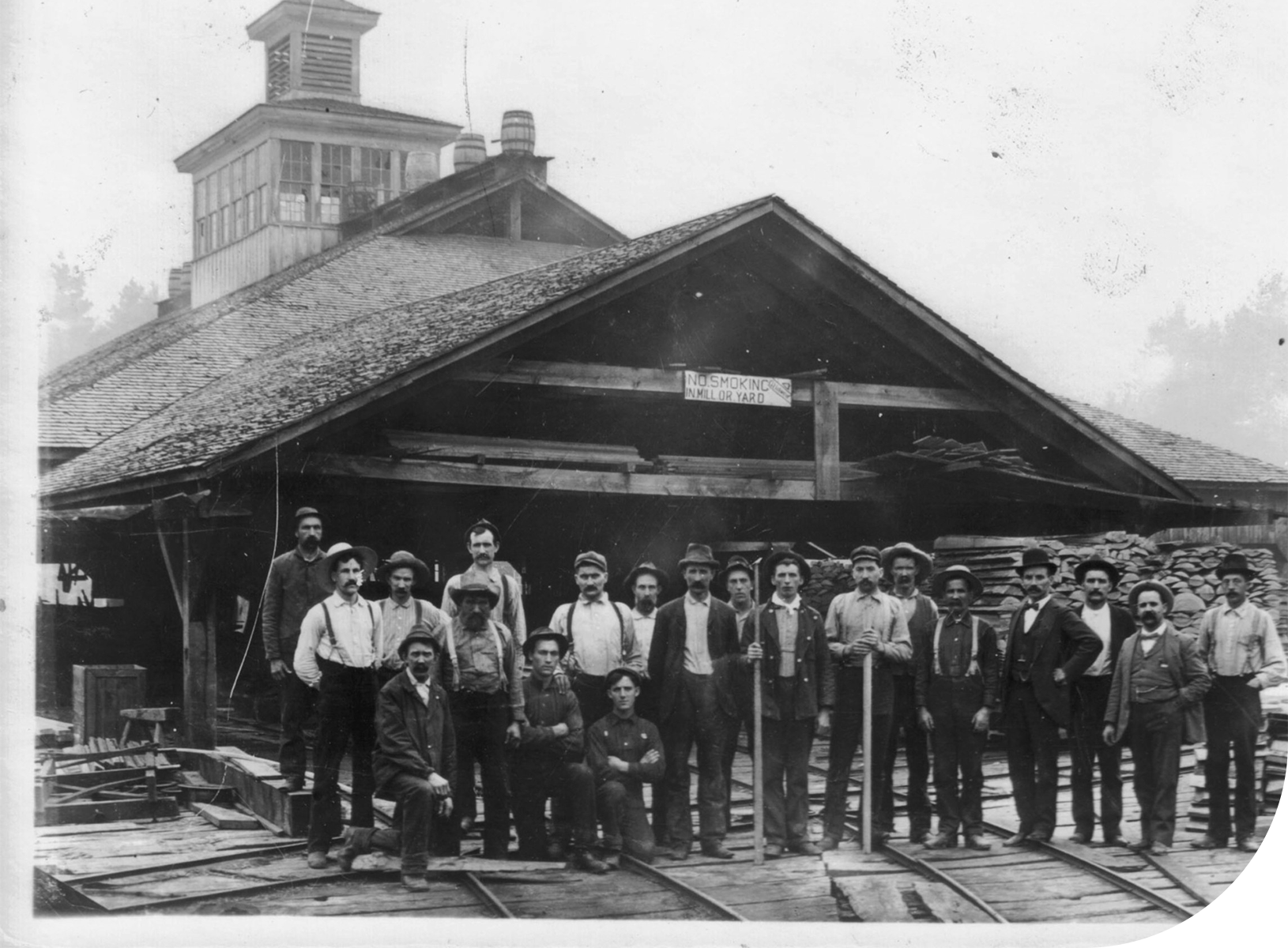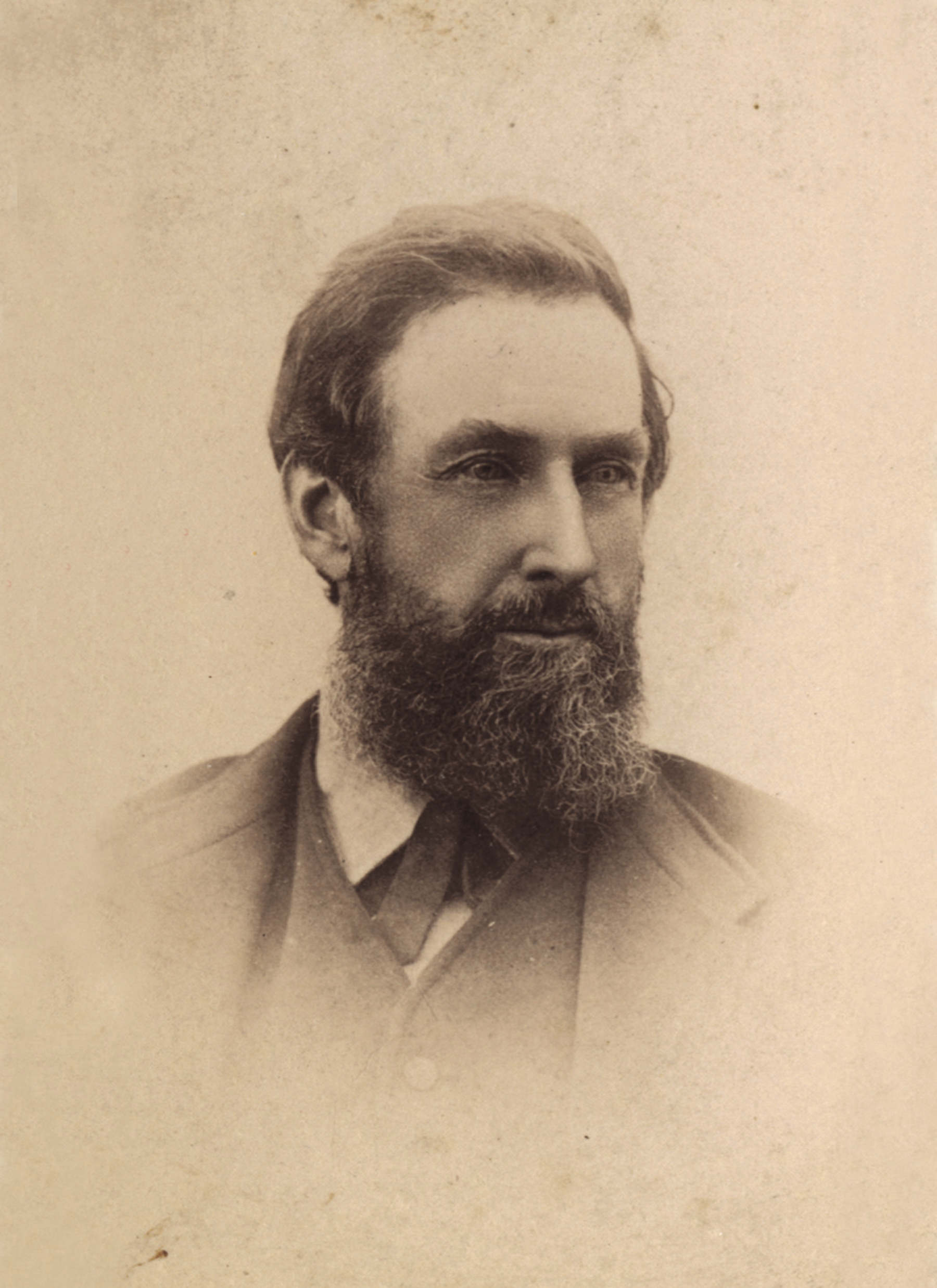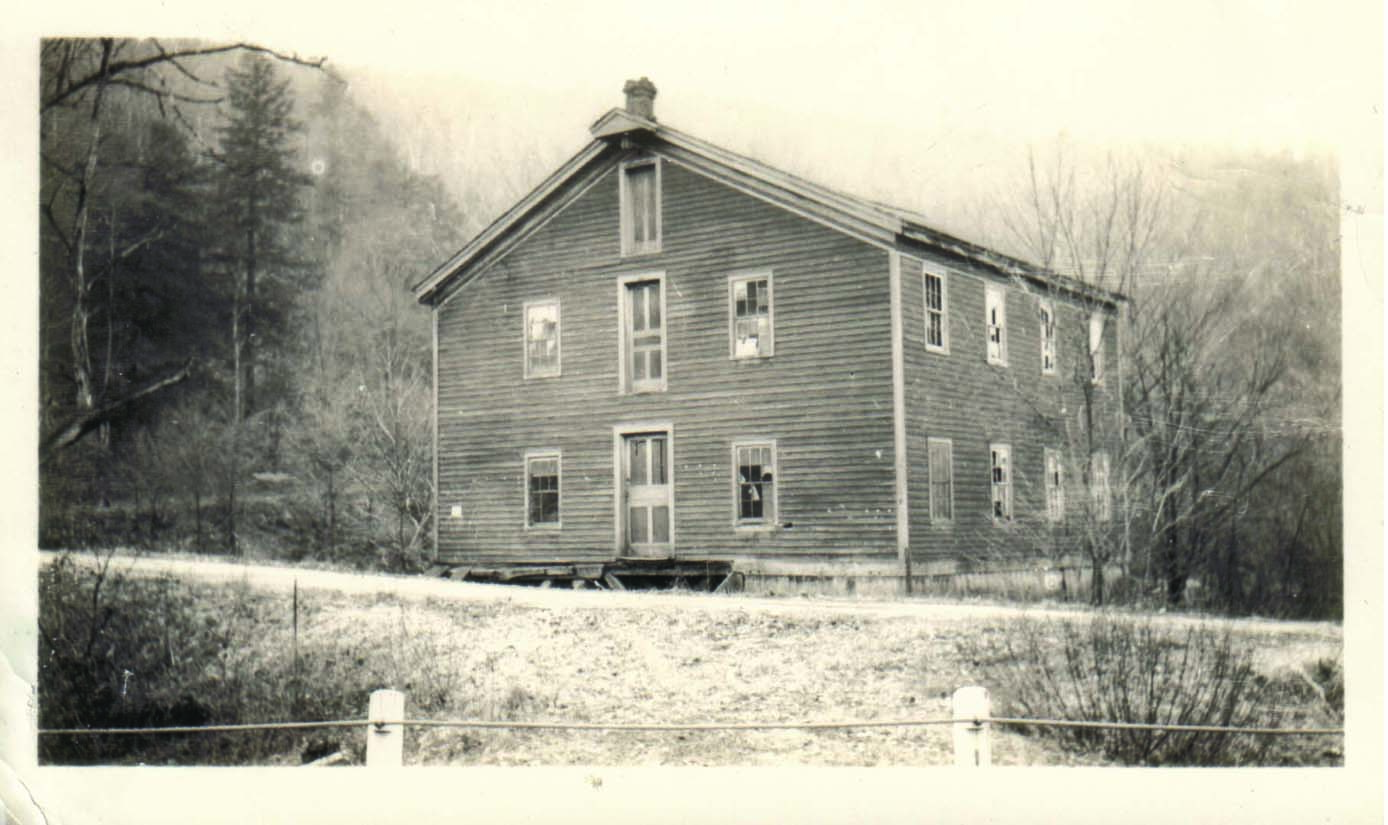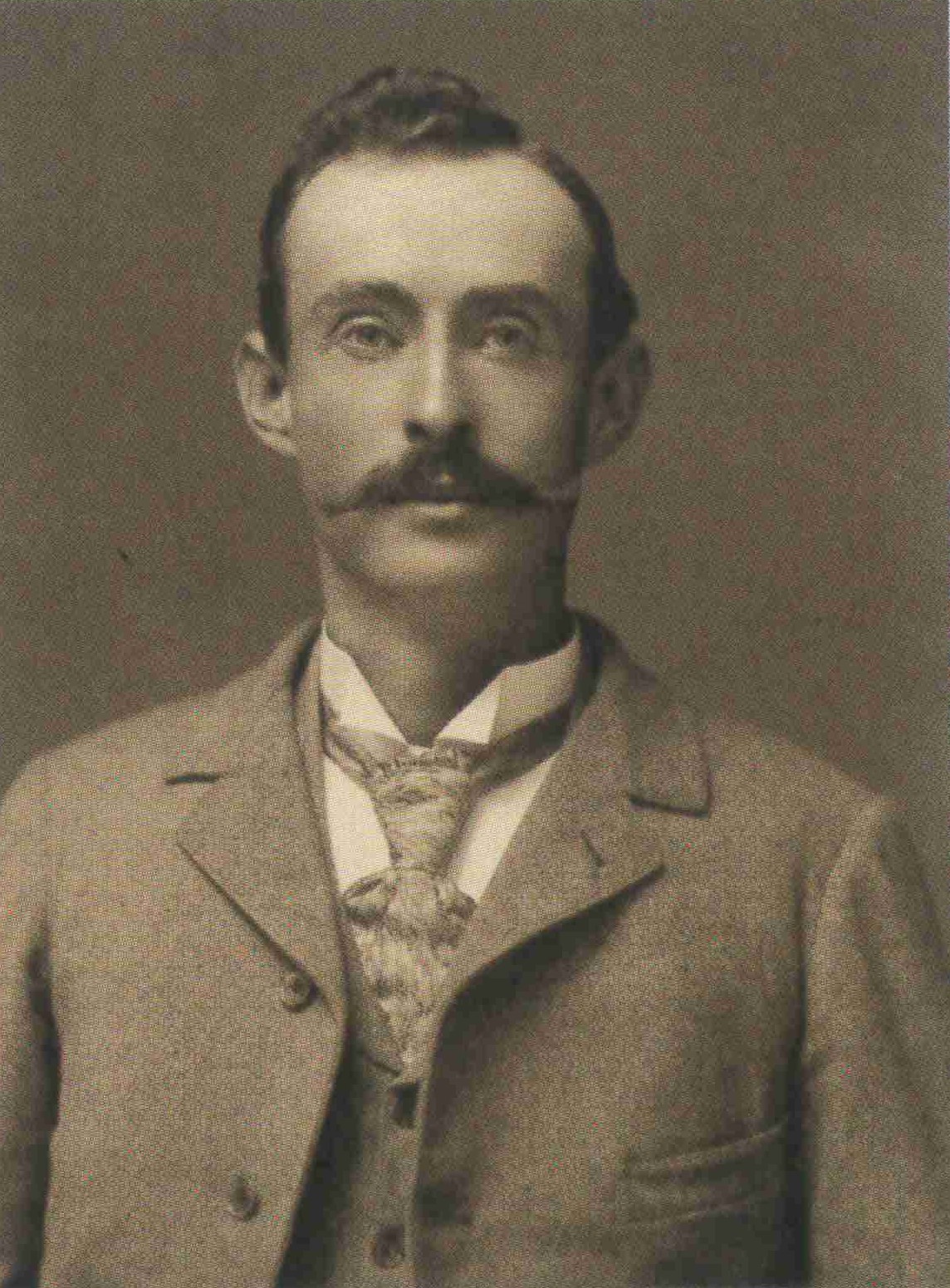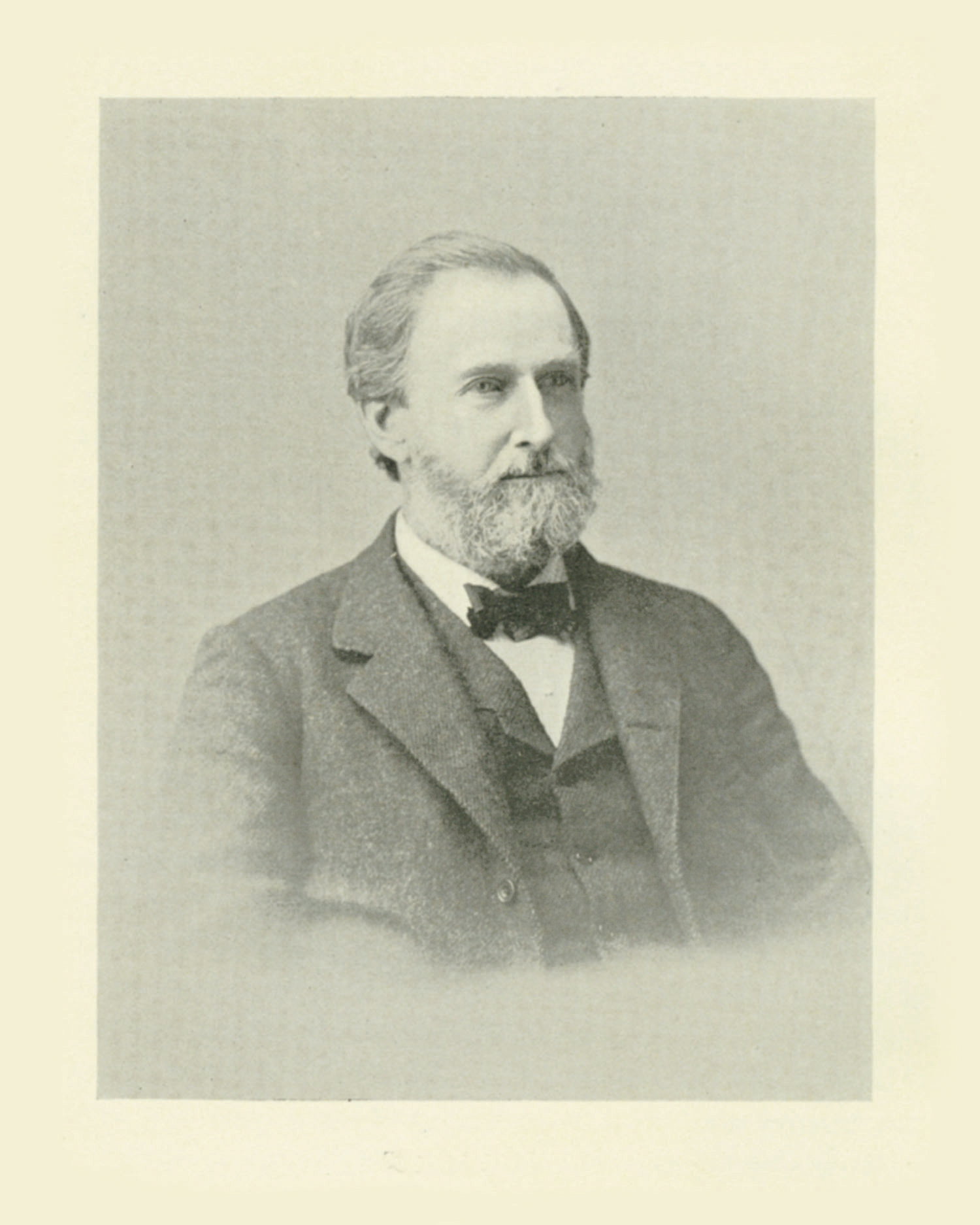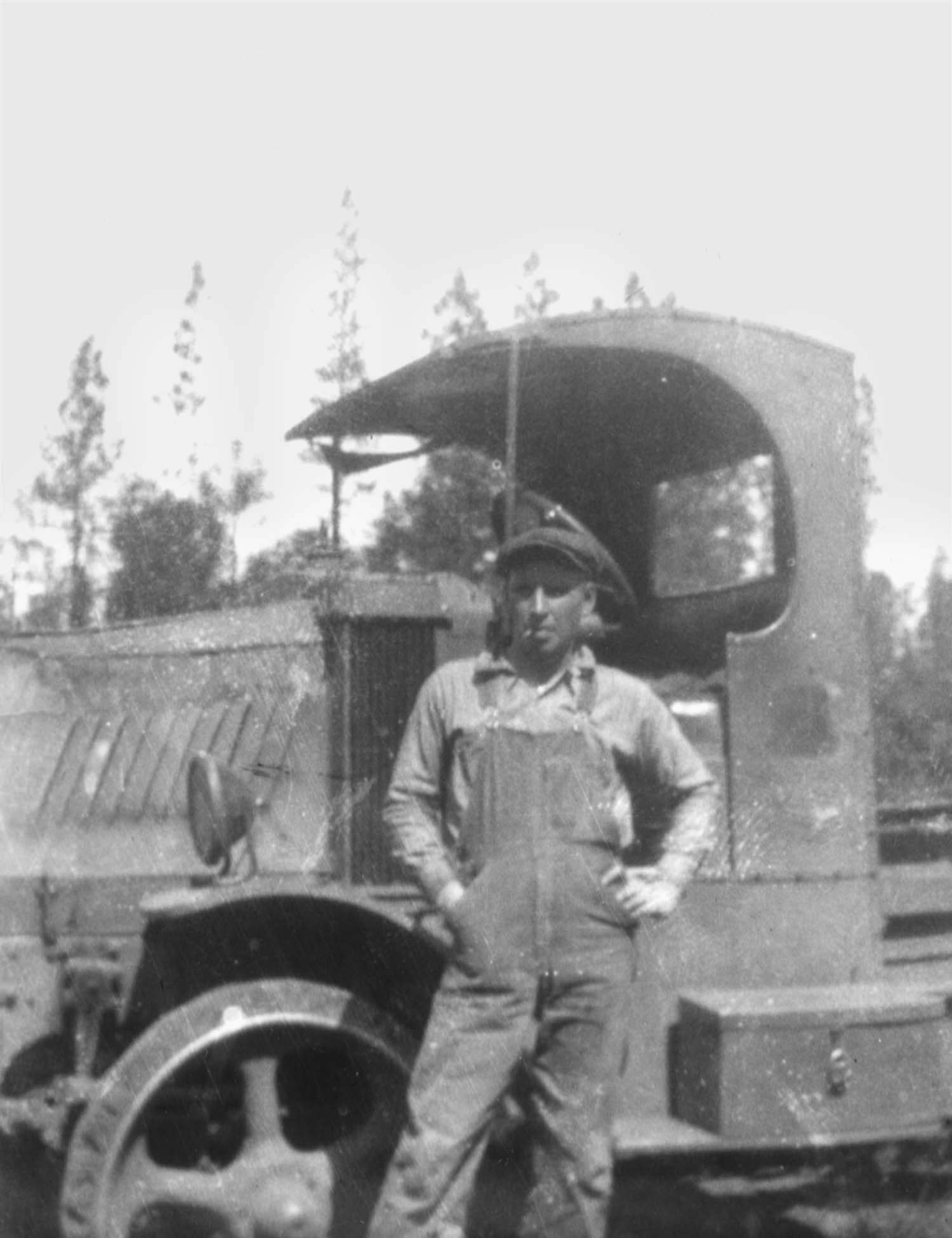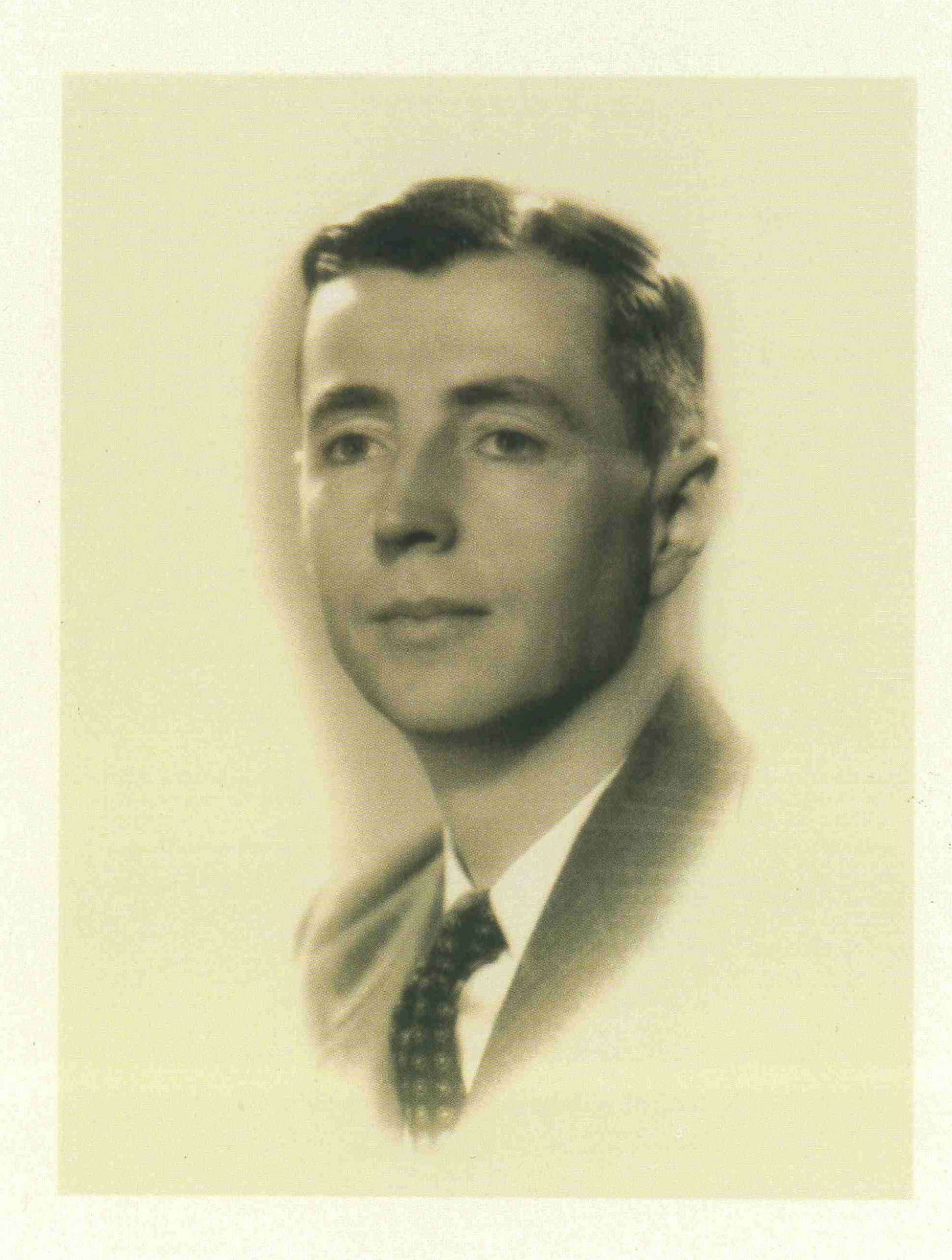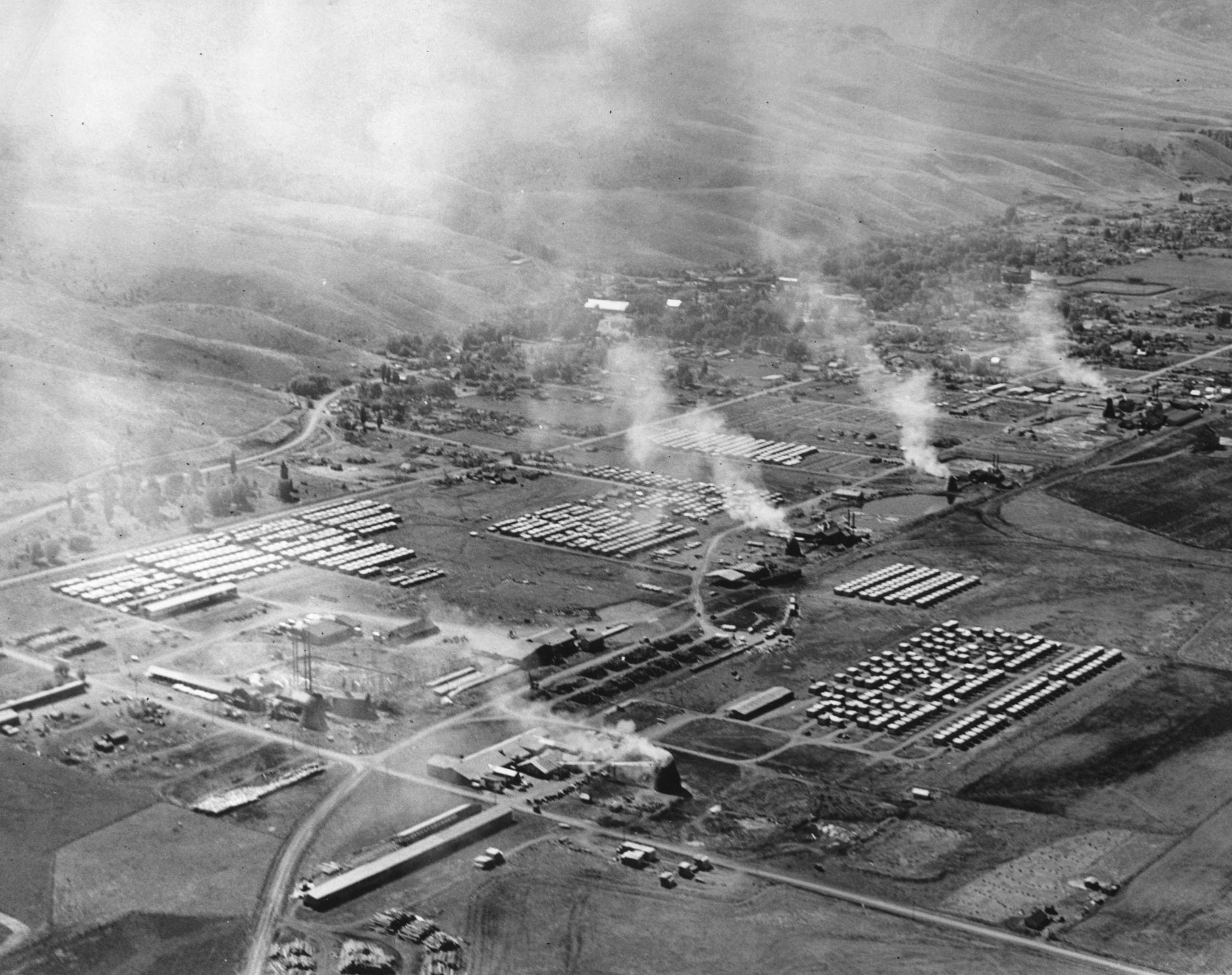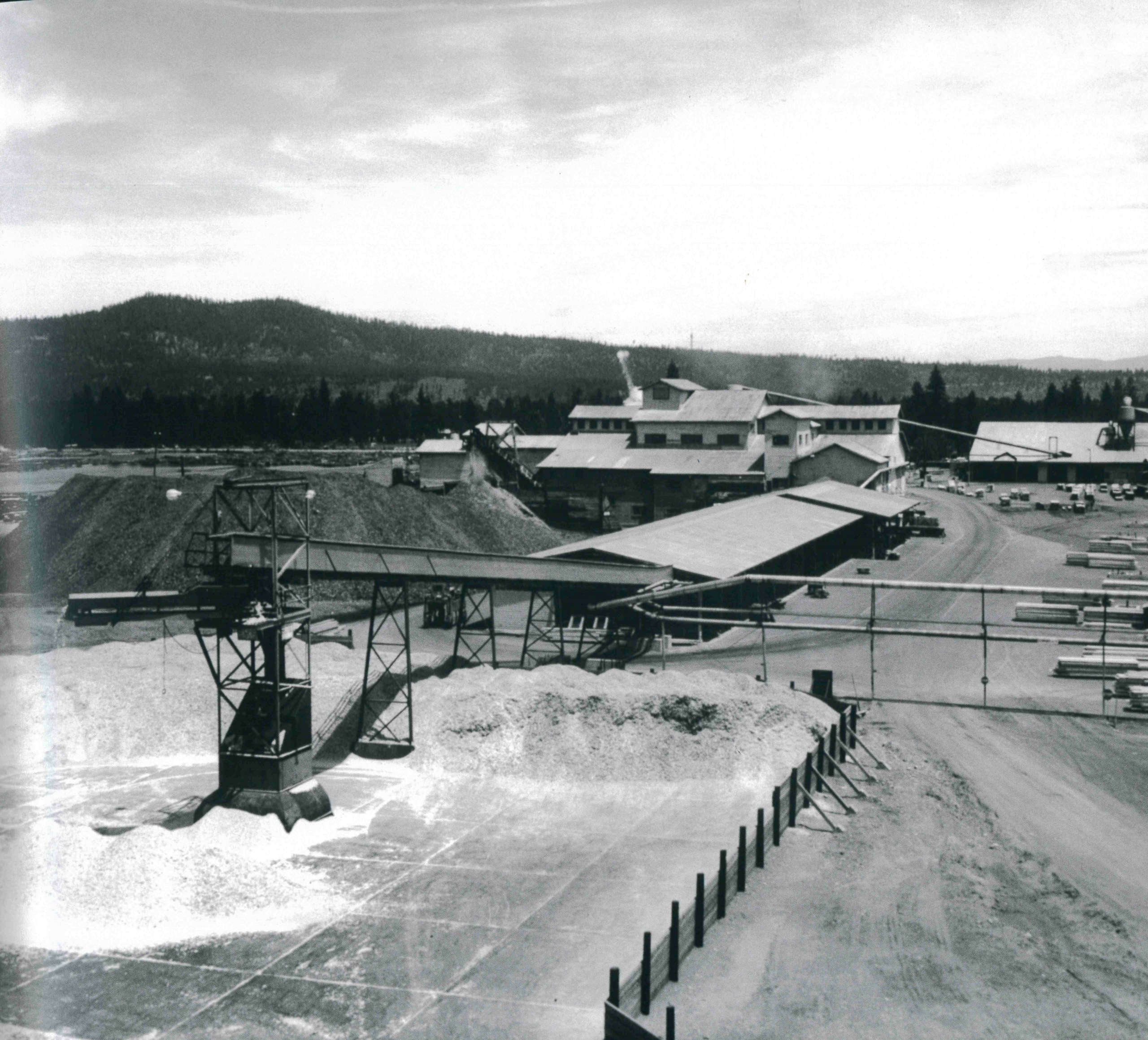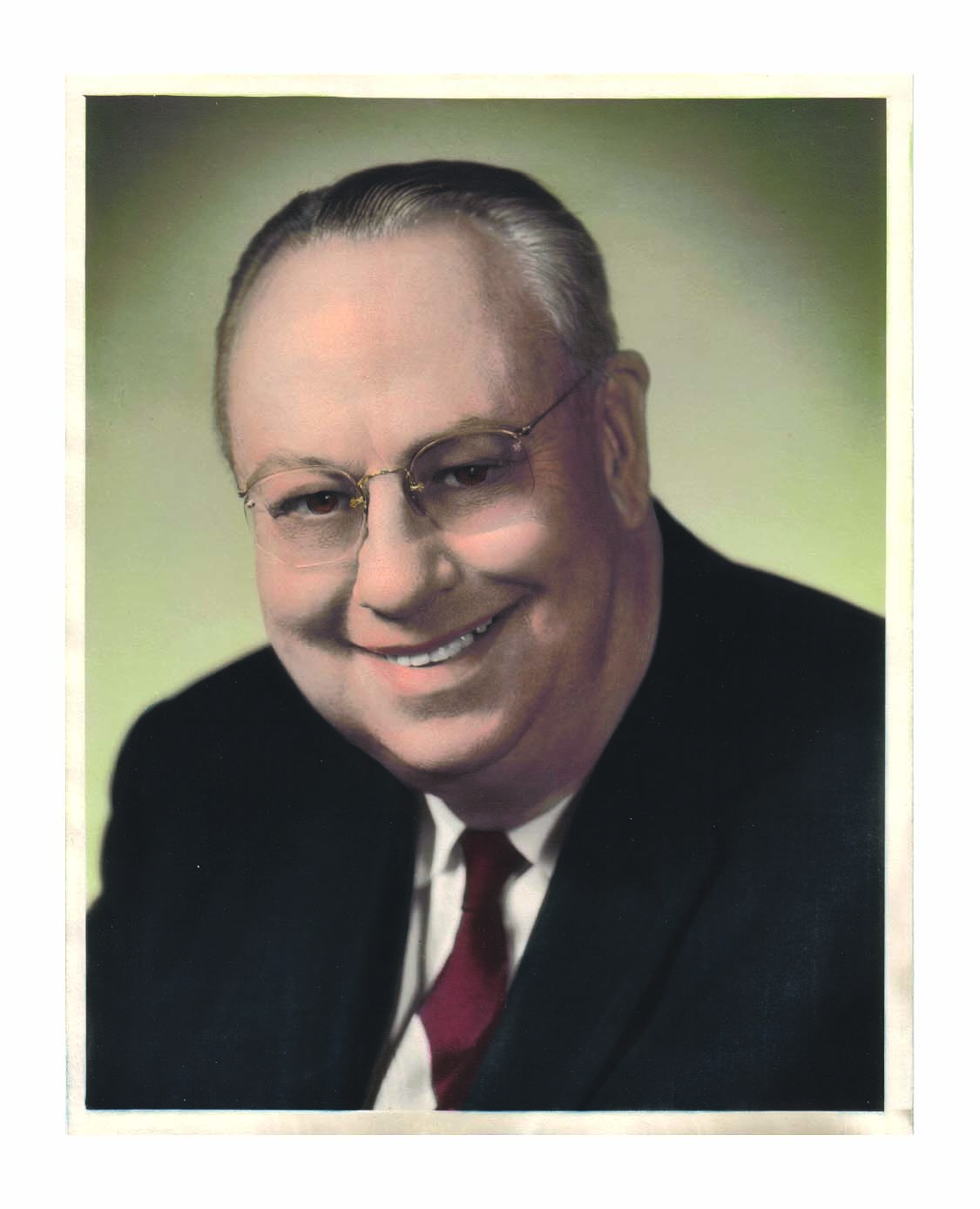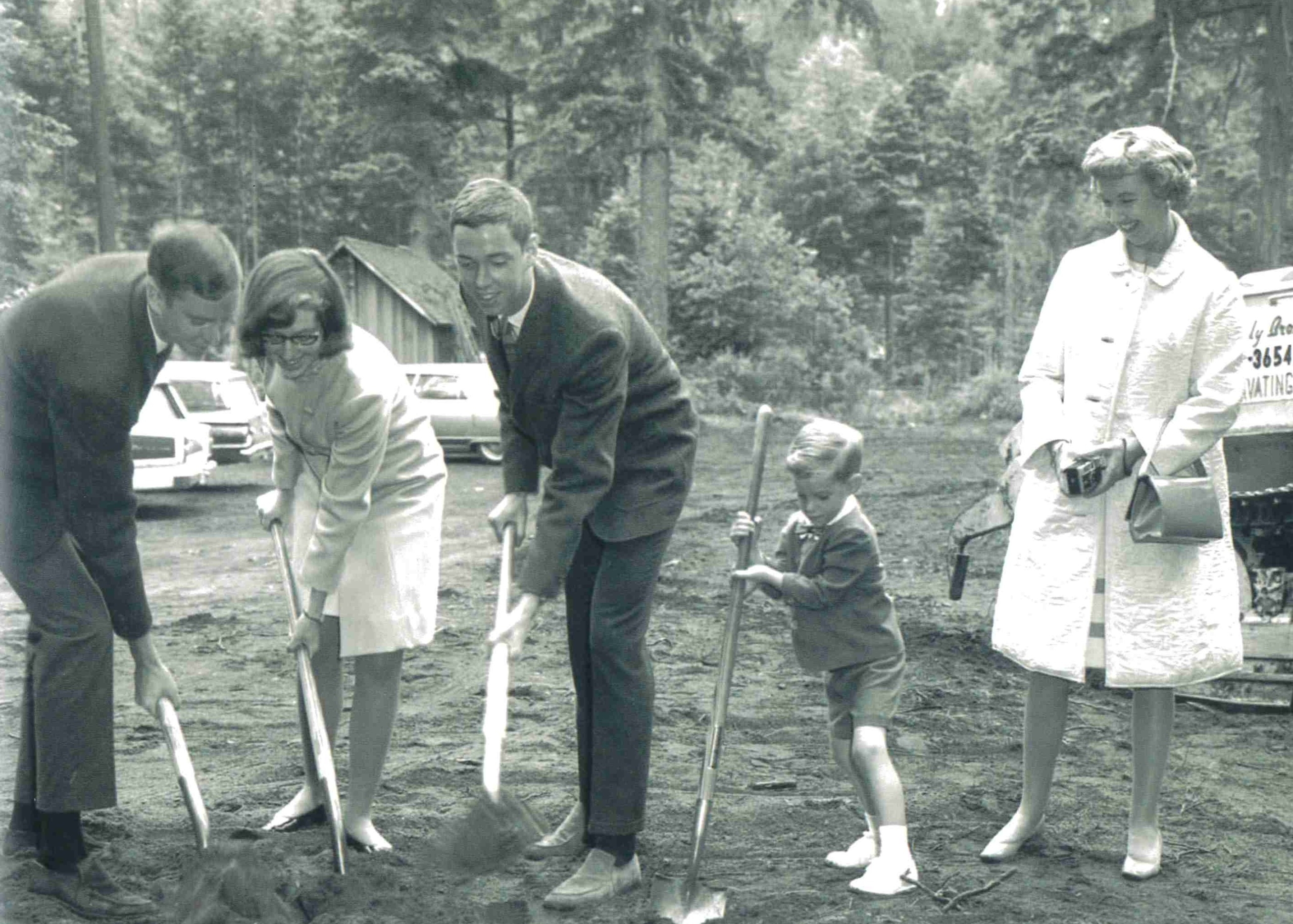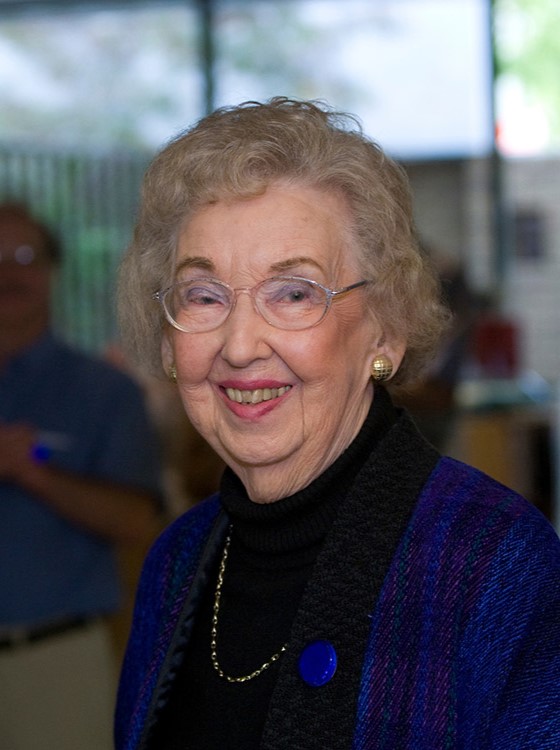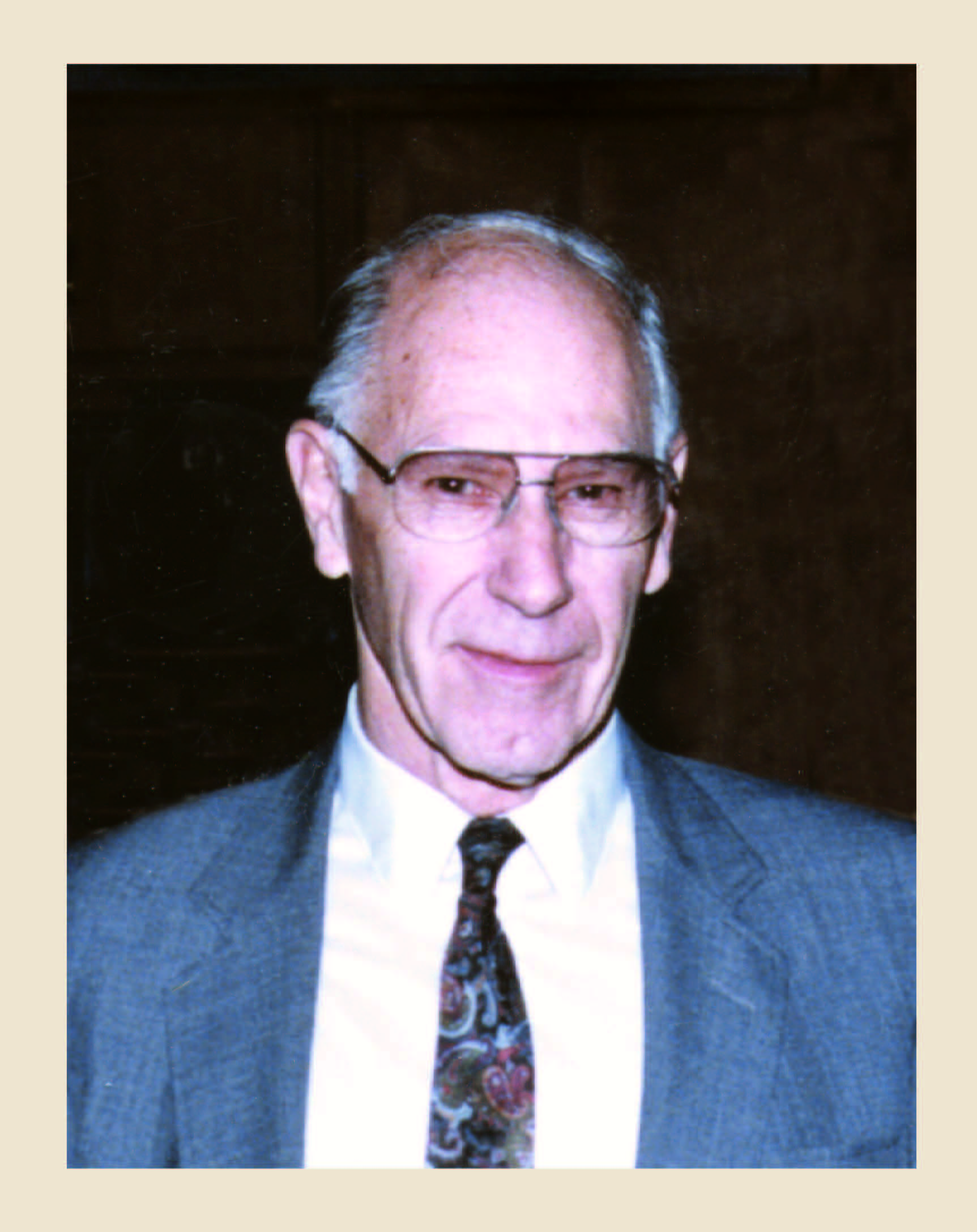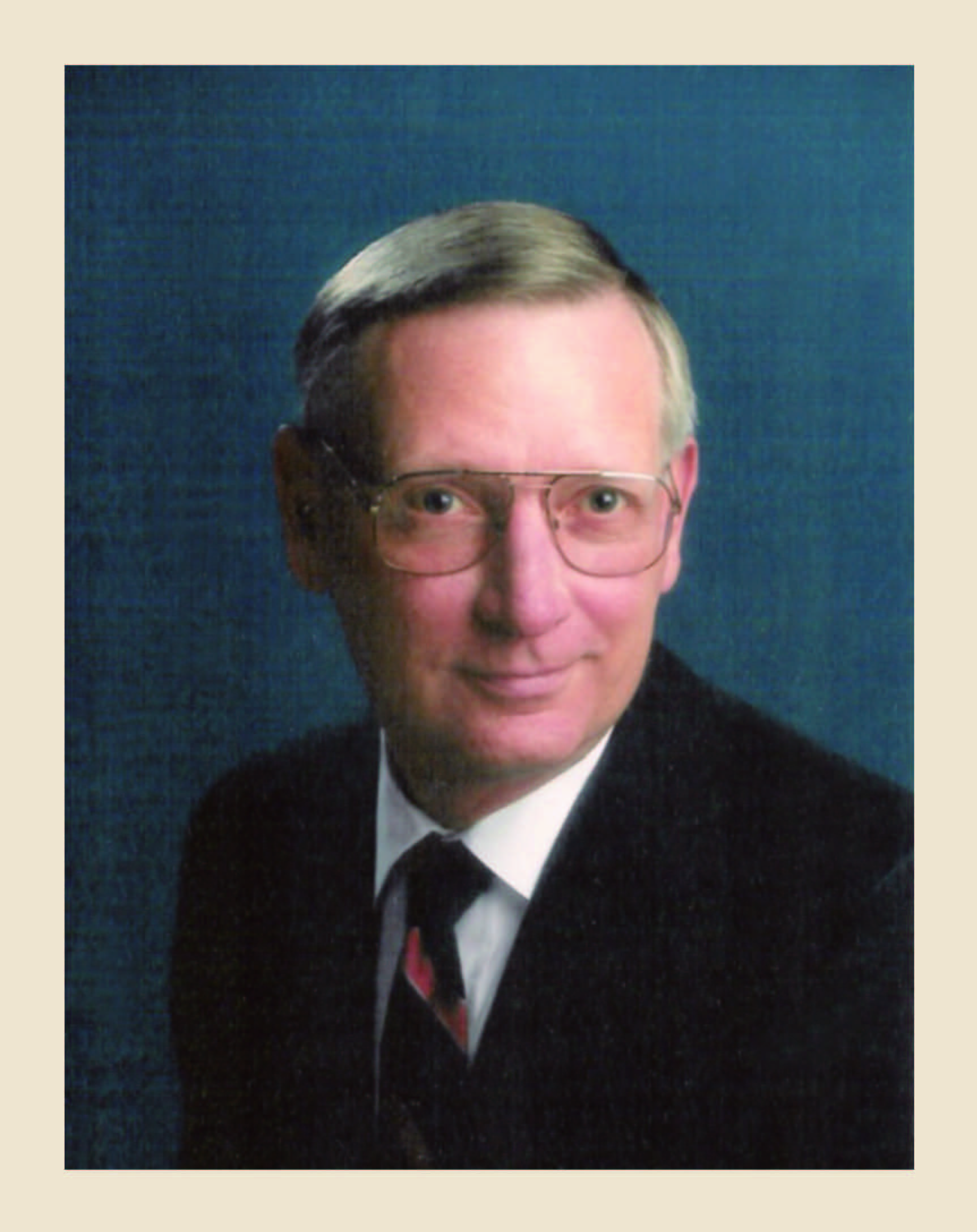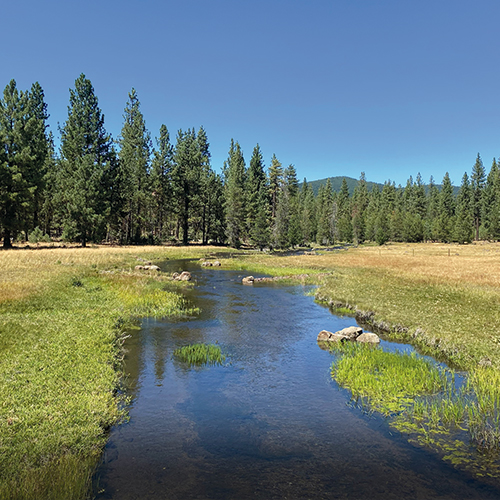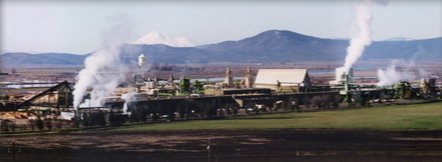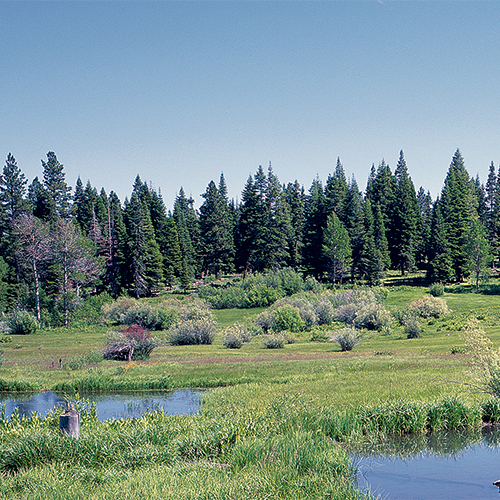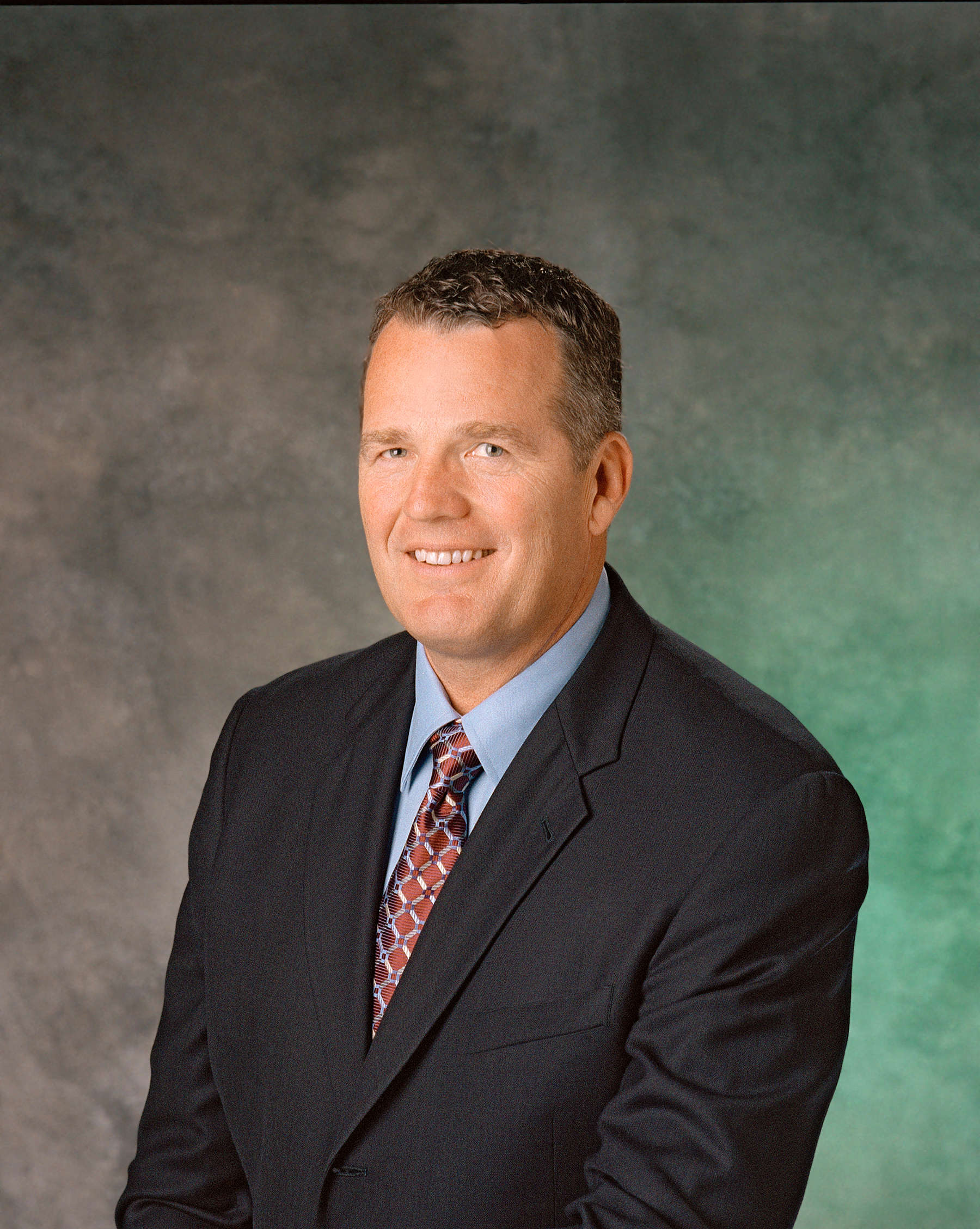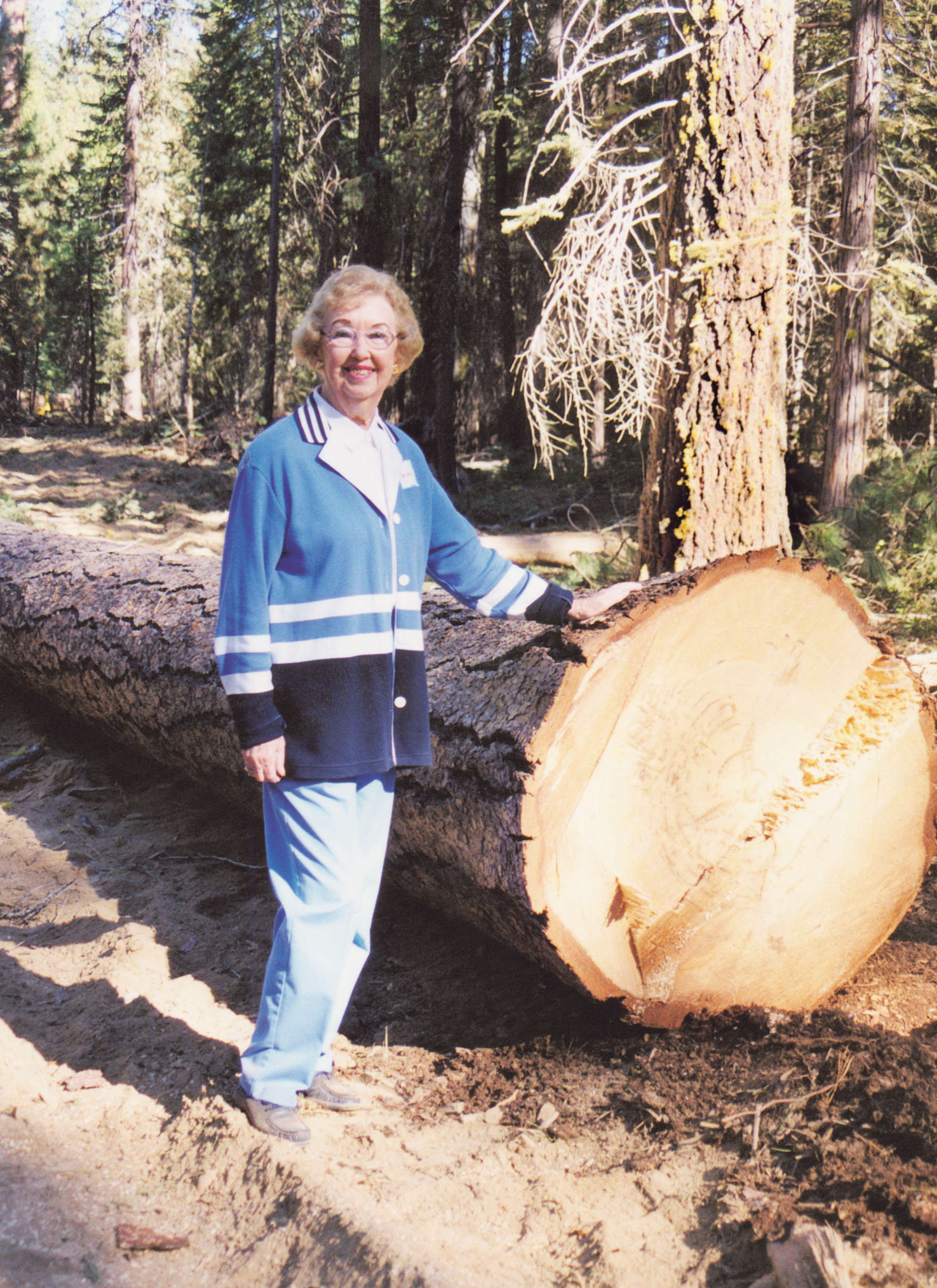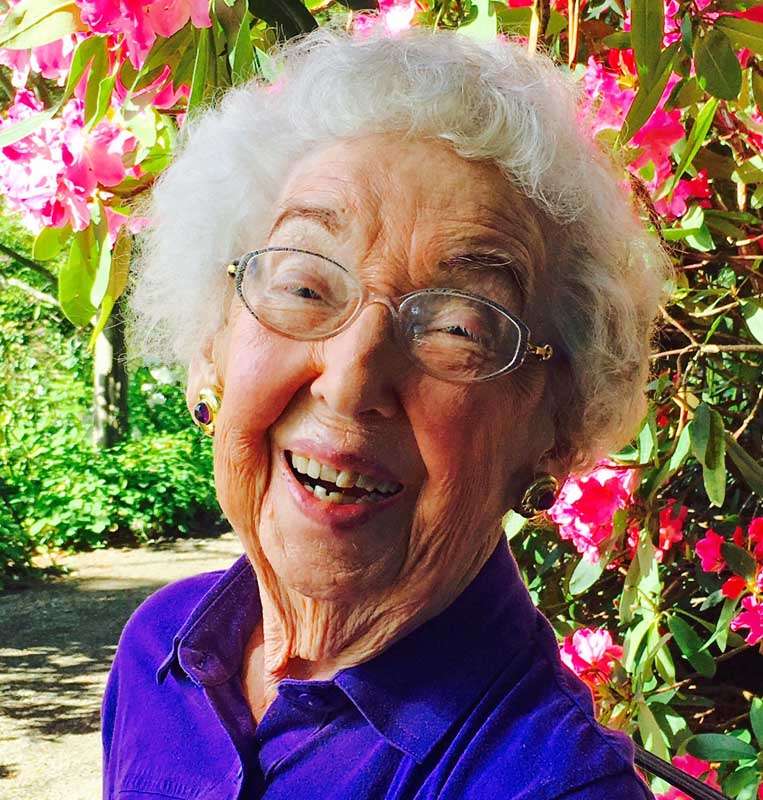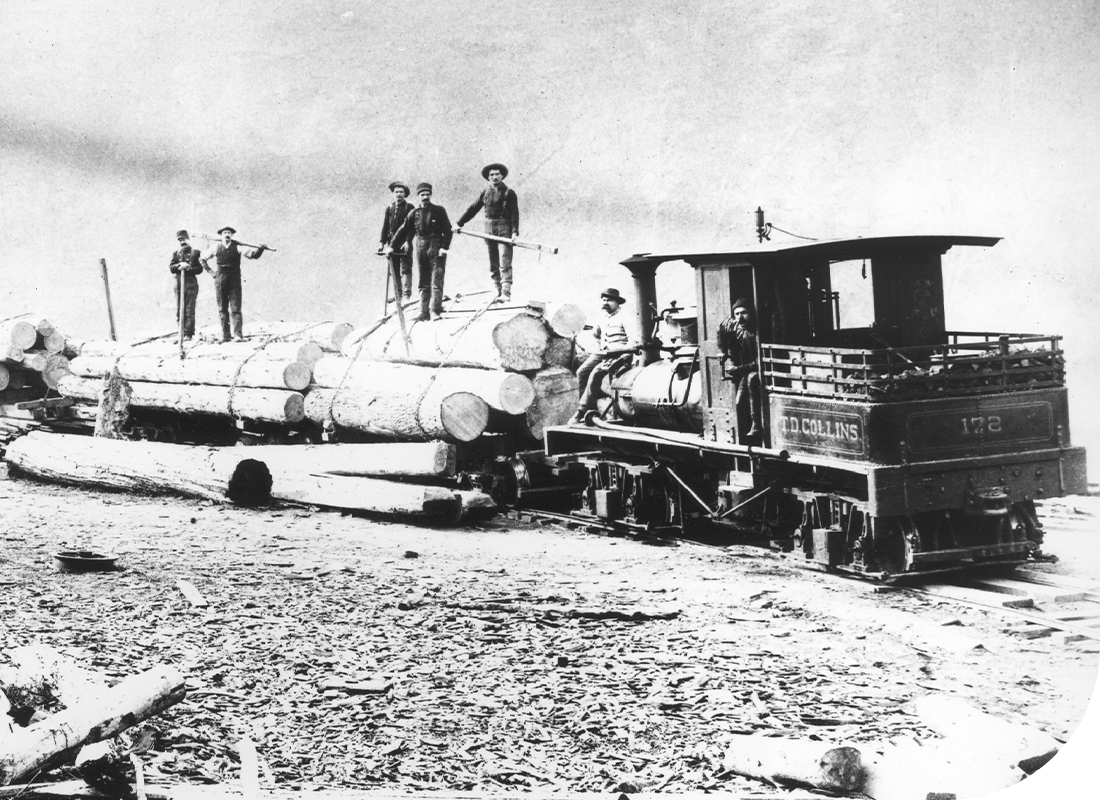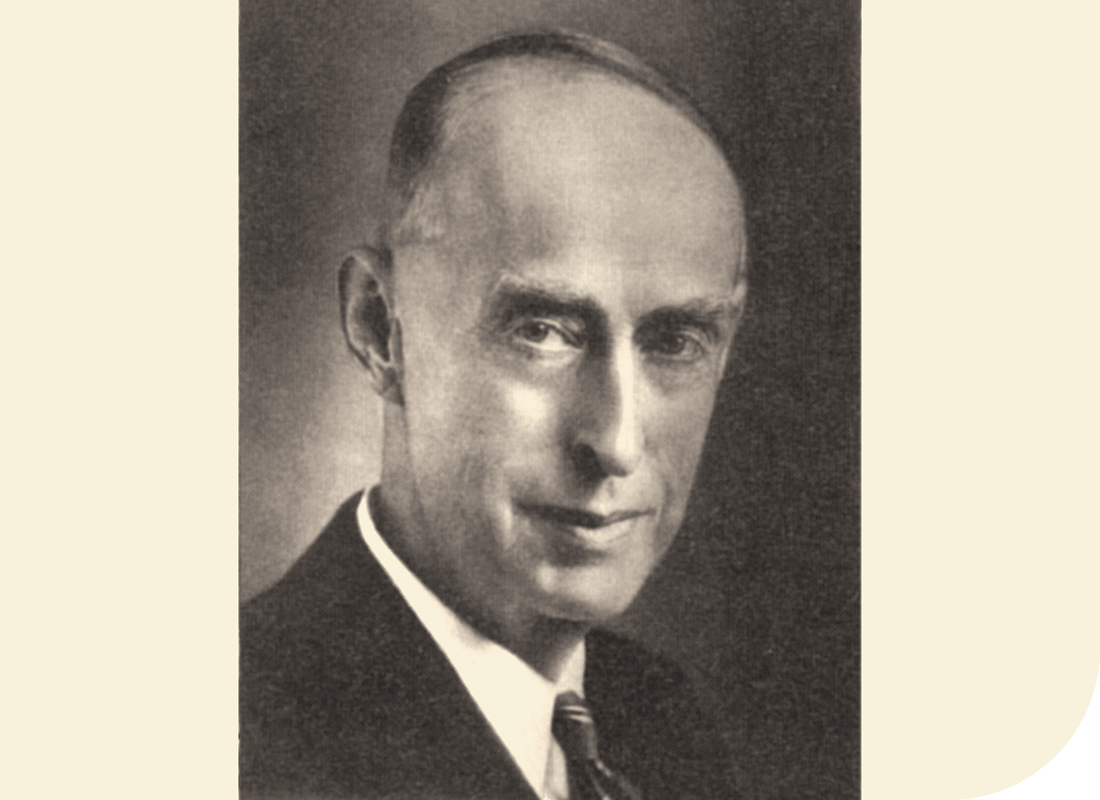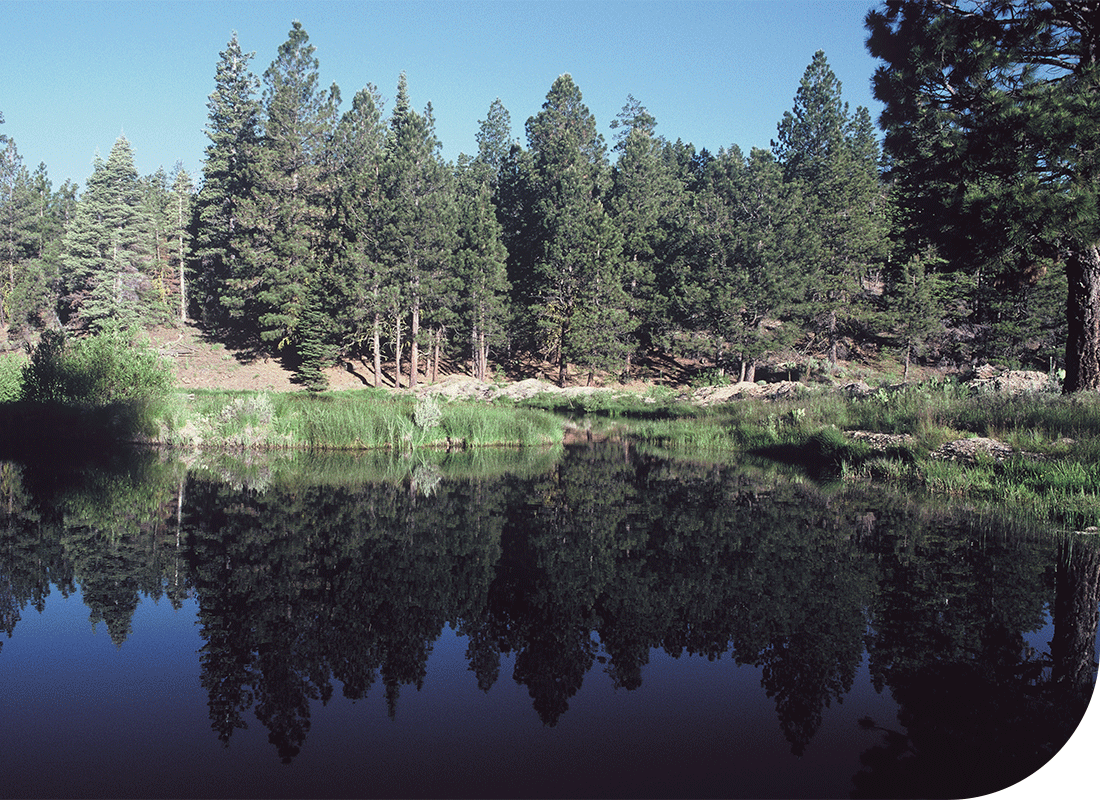Milestone Timeline
The Fox Creek Tram
Tramways were wooden railed tracks laid in the forest. Teams of horses or mules pulled logs on wheeled carts along the rails. In May of 1887 at Fox Creek, Teddy Collins replaced his horses and mules with a 13-ton Shay locomotive. Cars were loaded by hand and then sent to coast down the tramways by gravity, with only a brakeman to keep them under control. Logs sometimes made it to the creek and sometimes didn’t. Luckily, trams soon were part of the past, replaced by rails stretching between logging camps.
Nebraska, Pennsylvania
Teddy Collins moved his family to Nebraska, PA in 1882, and the community became the center of Teddy’s operations for the remainder of his life. He built a house there, finished in 1884, and in 1904 when it burned to the ground, Teddy had an exact replica built to replace it. His full-time employees had company homes (rent was around $3 a month) and the town had oil and gas wells drilled at Fox Creek to pipe downhill to the town. This system worked well, except for days when the pressure became too much and blew the lids off the cook stoves. Teddy built a Nebraska Methodist Episcopal church, a park, and sidewalks in the main part of town. The company store carried fabrics, boots, canned and fresh food, chewing tobacco, and pails full of candy. Upon request, a horse-drawn delivery wagon delivered purchases to the homes of customers.
The Quiet Generosity of E.S. Collins
It is impossible to create a full list of the contributions E.S. Collins gave to educational, charitable, and religious institutions, because so many were given out of public view. Some known gifts are: an endowment of $100,000 to Willamette University; a research fellowship in food chemistry at the University of Oregon medical school; land in Green Township, Forest County, Pennsylvania for a public park in commemoration of his father; and 60% of the net proceeds from the timberlands in Pennsylvania and California were given to the Board of Foreign Missions. When the gifts were given to Willamette and to the Board of Foreign Missions, it was with the provision that there be absolutely no publicity.
The First FSC® Certification
In 1992, Wade Mosby, Collins VP of Marketing, researched forest certification and found a California company, Scientific Certification Systems (SCS), to provide a rigorous, independent study of the company’s forest management practices. Collins would be the first privately-owned forest products company in the United States to be certified through such a reputable means. SCS started their evaluation of the Collins Almanor Forest in the summer of 1992, and issued the results in March of 1993. The scores were such that the SCS evaluation team expected them to serve as a standard of excellence for other owners of North American mixed conifer timberland and the forests were endorsed by the Forest Stewardship Council®. The certification verifies the Collins Almanor Forest is managed to the highest environmental, social and economic standards.
Be part of our future!
Join Collins as we help to build a better world.

